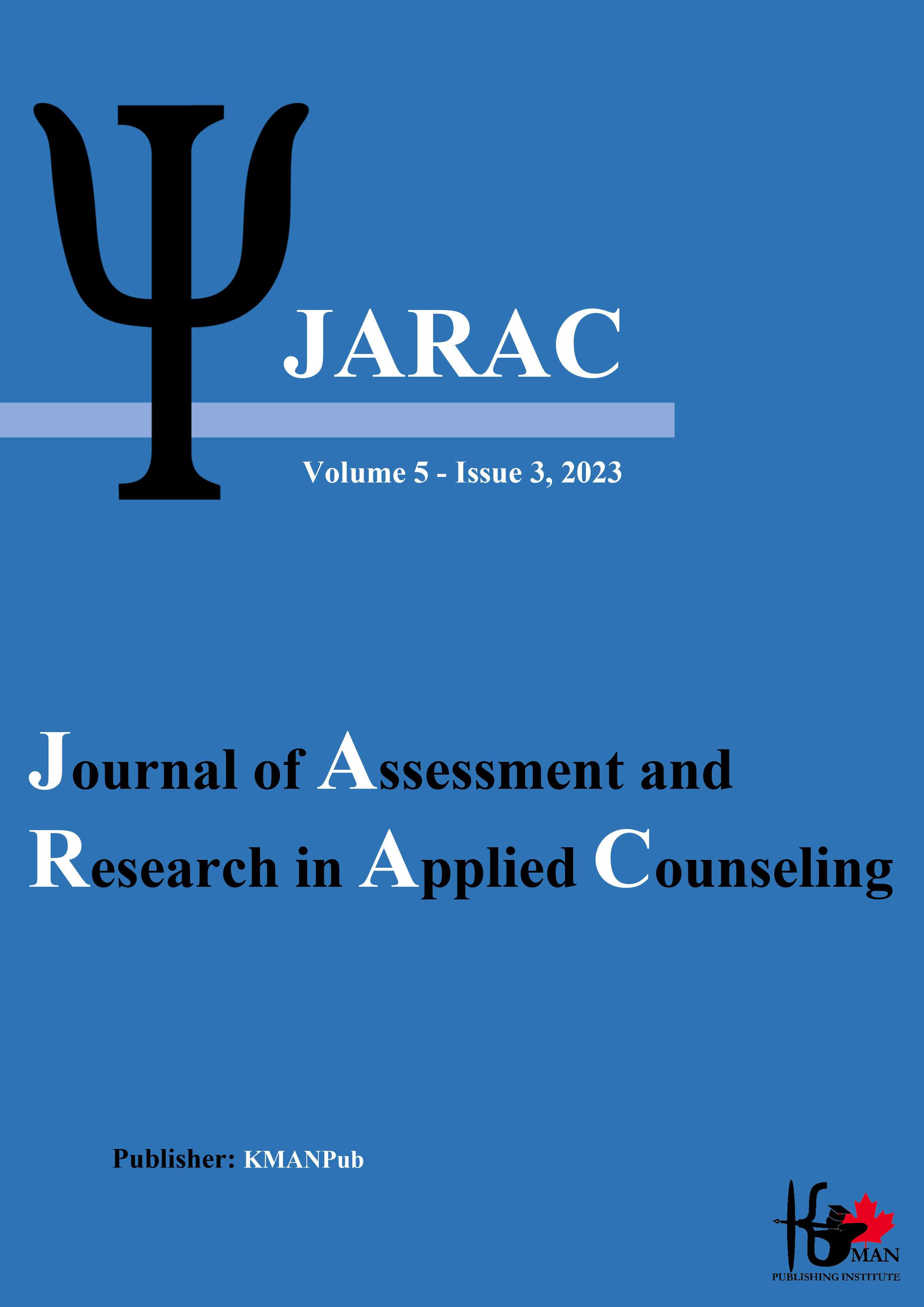The Relationship between Ego Strength, Emotion Regulation Difficulties, and Mindfulness in Individuals with Depression
Keywords:
Emotion Regulation Difficulties, Ego Strength, Mindfulness, DepressionAbstract
Objective: This study aimed to predict ego strength based on emotion regulation difficulties and mindfulness in divorced women.
Methods and Materials: The research design was descriptive and correlational. The statistical population included all women aged 20-40 years in the Qom province in the year 2023. The sampling method used was convenience sampling. Thus, the sample size was determined to be 250 individuals based on Klein's perspective. The research sample was selected using purposive and convenience sampling by distributing announcements in messaging app channels. The tools used for data collection included the Beck Depression Inventory-II, the Cognitive Emotion Regulation Questionnaire by Garnefski et al. (2001), the Five Facet Mindfulness Questionnaire by Baer et al. (2006), and the Psychological Ego Strength Scale by Markstrom (1997). In this study, the collected data were statistically analyzed using SPSS.22 software, Pearson correlation coefficient, and multivariate regression analysis.
Findings: The correlation test results indicated that the Pearson correlation coefficient for the relationship between emotion regulation and mindfulness, emotion regulation and ego strength, and mindfulness and ego strength at the 0.01 level suggested that the relationships among all variables were direct and significant (p < 0.01). The regression analysis results showed that the independent variables (emotion regulation difficulties and mindfulness) could predict 12% of the variance in ego strength. Additionally, among the independent variables, mindfulness with a beta coefficient of 0.19 and emotion regulation difficulties with a beta coefficient of 0.17 could positively predict the ego strength of the participants (p < 0.01).
Conclusion: Therefore, it can be concluded that the ego strength of divorced women can be predicted through the variables of emotion regulation difficulties and mindfulness.
Downloads
Downloads
Additional Files
Published
Issue
Section
License
Copyright (c) 2024 Zahra Razaghi, Zahra Pakizeh, Seyed Hadi Seyed Alitabar (Author)

This work is licensed under a Creative Commons Attribution-NonCommercial 4.0 International License.















